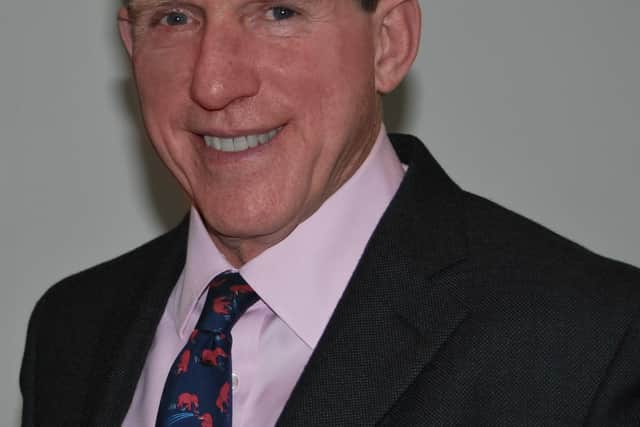Top national honour for life-saving Derbyshire policing officers
and live on Freeview channel 276
Originally the two community support officers had gone to speak to the tenant, but when he opened the door they saw the other man lying on the floor – and as they checked him out he stopped breathing.PCSO Abbie Mason and PCSO Andrew McNaughton began administering cardiac pulmonary resuscitation, and succeeded in bringing him back from the brink of death.
He was then taken to hospital where he went on to make a complete recovery – but without the action of the two officers he would not have survived.
Advertisement
Hide AdAdvertisement
Hide AdIt later transpired the man had overdosed on a cocktail of drugs.


The PCSOs have now been awarded Royal Humane Society resuscitation certificates for saving his life.
Andrew Chapman, society secretary, said: “It was pure luck they turned up when they did and were able to begin CPR as quickly as they did.
“Time is of the essence in situations like this and the sooner CPR is started, the better the chances are it will be successful.
Advertisement
Hide AdAdvertisement
Hide Ad“In this case, he was still breathing when they first checked him out, but when he stopped breathing they were able to begin CPR at once and this undoubtedly saved his life.
“They did a wonderful job and richly deserve the awardse.
“This is another case which emphasises the value of as many people as possible, not just members of the emergency services, learning how to administer CPR. It can, as it did here, make the difference between life and death.”
The roots of the Royal Humane Society, the premier national body for honouring bravery in the saving of human life, stretch back more than two centuries.
It was founded in 1774 by medical men William Hawes and Thomas Cogan to promote techniques of resuscitation.
Advertisement
Hide AdAdvertisement
Hide AdHowever, as it emerged that numerous people were prepared to put their own lives at risk to save others, the awards scheme evolved, and today a variety of awards are made depending on the bravery involved.
The society, a registered charity, also awards non-healthcare professionals who perform a successful resuscitation. Since it was set up, the society has considered more than 87,000 cases and made more than 200,000 awards.
